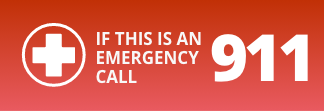
The Caregiver Recognition Act Report and Inventory of Supports and Services for Caregivers
The Caregiver Recognition Act received royal assent in 2011, which made Manitoba the first jurisdiction in Canada to have a legislated recognition act for the "informal caregiver." Informal caregivers are families, friends and neighbours who provide unpaid care. Under this legislation, Manitoba is required to provide a progress report every two years on the needs of and supports available to caregivers.
The department of Housing, Addictions and Homelessness (formerly the responsibility of the Department of Mental Health and Community Wellness) has been tasked to lead the responsibilities of the act. This report covers 2019 to 2021 and is the fourth Caregiver Recognition Act Report and Inventory of Supports and Services for Caregivers tabled in the legislature. This time period represents an unprecedented time in Manitoba and throughout the world with the onset of a global pandemic brought about by COVID-19.
Canadians caring for family and friends have historically felt the pressure to balance their caregiving roles with their work and family life. Families provide an important voice to government by sharing their concerns about those they care for -- the needs of older adults, children and youth.
During this time period, we heard from families that experienced additional pressures caused from COVID-19. We heard from families and caregivers who were also supporting school-aged children at home, had financial challenges, reduced services and social isolation.
This report reflects the importance of family, neighbours and friends who care for others and the supports available to caregivers.


